The Wholesome Journey - Group Nutrition Coaching Program
Mentorship Program, 1:1 Nutrition Coaching with Alison
What do you want to learn more about?
Program Login
Podcast Features
April 6, 2017
Alison Tierney, MS, RD, CD, CSO
Alison is a registered dietitian, board-certified in oncology nutrition, and a cancer thriver. Her expertise in oncology nutrition and personal experience with her own cancer diagnosis and its treatment provide her with the unique perspective of being able to relate to her clients on an entirely different level. Her content is consistently focused on evidence-based guidelines and seeks to increase the awareness of the power of nutrition to complement traditional cancer therapies.
- Alison Tierney, MS, RD, CD, CSO
- Alison Tierney, MS, RD, CD, CSO
- Alison Tierney, MS, RD, CD, CSO
- Alison Tierney, MS, RD, CD, CSO
- Alison Tierney, MS, RD, CD, CSO
- Alison Tierney, MS, RD, CD, CSO
- Alison Tierney, MS, RD, CD, CSO
- Alison Tierney, MS, RD, CD, CSO
- Alison Tierney, MS, RD, CD, CSO
- Alison Tierney, MS, RD, CD, CSO
- Alison Tierney, MS, RD, CD, CSO
- Alison Tierney, MS, RD, CD, CSO
- Alison Tierney, MS, RD, CD, CSO
- Alison Tierney, MS, RD, CD, CSO
- Alison Tierney, MS, RD, CD, CSO
- Alison Tierney, MS, RD, CD, CSO
- Alison Tierney, MS, RD, CD, CSO
- Alison Tierney, MS, RD, CD, CSO
- Alison Tierney, MS, RD, CD, CSO
- Alison Tierney, MS, RD, CD, CSO
- Alison Tierney, MS, RD, CD, CSO
- Alison Tierney, MS, RD, CD, CSO
- Alison Tierney, MS, RD, CD, CSO
- Alison Tierney, MS, RD, CD, CSO
- Alison Tierney, MS, RD, CD, CSO
- Alison Tierney, MS, RD, CD, CSO
- Alison Tierney, MS, RD, CD, CSO
- Alison Tierney, MS, RD, CD, CSO
- Alison Tierney, MS, RD, CD, CSO
- Alison Tierney, MS, RD, CD, CSO
- Alison Tierney, MS, RD, CD, CSO
- Alison Tierney, MS, RD, CD, CSO
- Alison Tierney, MS, RD, CD, CSO
- Alison Tierney, MS, RD, CD, CSO
- Alison Tierney, MS, RD, CD, CSO
- Alison Tierney, MS, RD, CD, CSO
- Alison Tierney, MS, RD, CD, CSO
- Alison Tierney, MS, RD, CD, CSO
- Alison Tierney, MS, RD, CD, CSO
- Alison Tierney, MS, RD, CD, CSO
- Alison Tierney, MS, RD, CD, CSO
- Alison Tierney, MS, RD, CD, CSO
- Alison Tierney, MS, RD, CD, CSO
- Alison Tierney, MS, RD, CD, CSO
- Alison Tierney, MS, RD, CD, CSO
- Alison Tierney, MS, RD, CD, CSO
- Alison Tierney, MS, RD, CD, CSO
- Alison Tierney, MS, RD, CD, CSO
- Alison Tierney, MS, RD, CD, CSO
- Alison Tierney, MS, RD, CD, CSO
- Alison Tierney, MS, RD, CD, CSO
- Alison Tierney, MS, RD, CD, CSO
- Alison Tierney, MS, RD, CD, CSO
- Alison Tierney, MS, RD, CD, CSO
- Alison Tierney, MS, RD, CD, CSO
- Alison Tierney, MS, RD, CD, CSO
- Alison Tierney, MS, RD, CD, CSO
- Alison Tierney, MS, RD, CD, CSO
- Alison Tierney, MS, RD, CD, CSO
- Alison Tierney, MS, RD, CD, CSO
- Alison Tierney, MS, RD, CD, CSO
- Alison Tierney, MS, RD, CD, CSO
- Alison Tierney, MS, RD, CD, CSO
- Alison Tierney, MS, RD, CD, CSO
- Alison Tierney, MS, RD, CD, CSO
- Alison Tierney, MS, RD, CD, CSO
- Alison Tierney, MS, RD, CD, CSO
- Alison Tierney, MS, RD, CD, CSO
- Alison Tierney, MS, RD, CD, CSO
- Alison Tierney, MS, RD, CD, CSO
- Alison Tierney, MS, RD, CD, CSO
- Alison Tierney, MS, RD, CD, CSO
- Alison Tierney, MS, RD, CD, CSO
- Alison Tierney, MS, RD, CD, CSO
- Alison Tierney, MS, RD, CD, CSO
- Alison Tierney, MS, RD, CD, CSO
- Alison Tierney, MS, RD, CD, CSO
- Alison Tierney, MS, RD, CD, CSO
- Alison Tierney, MS, RD, CD, CSO
- Alison Tierney, MS, RD, CD, CSO
- Alison Tierney, MS, RD, CD, CSO
- Alison Tierney, MS, RD, CD, CSO
- Alison Tierney, MS, RD, CD, CSO
- Alison Tierney, MS, RD, CD, CSO
- Alison Tierney, MS, RD, CD, CSO
- Alison Tierney, MS, RD, CD, CSO
- Alison Tierney, MS, RD, CD, CSO
- Alison Tierney, MS, RD, CD, CSO
- Alison Tierney, MS, RD, CD, CSO
- Alison Tierney, MS, RD, CD, CSO
- Alison Tierney, MS, RD, CD, CSO
- Alison Tierney, MS, RD, CD, CSO
- Alison Tierney, MS, RD, CD, CSO
- Alison Tierney, MS, RD, CD, CSO
- Alison Tierney, MS, RD, CD, CSO
- Alison Tierney, MS, RD, CD, CSO
- Alison Tierney, MS, RD, CD, CSO
- Alison Tierney, MS, RD, CD, CSO
- Alison Tierney, MS, RD, CD, CSO
- Alison Tierney, MS, RD, CD, CSO
- Alison Tierney, MS, RD, CD, CSO
- Alison Tierney, MS, RD, CD, CSO
- Alison Tierney, MS, RD, CD, CSO
- Alison Tierney, MS, RD, CD, CSO
- Alison Tierney, MS, RD, CD, CSO
- Alison Tierney, MS, RD, CD, CSO
- Alison Tierney, MS, RD, CD, CSO
- Alison Tierney, MS, RD, CD, CSO
- Alison Tierney, MS, RD, CD, CSO
- Alison Tierney, MS, RD, CD, CSO
- Alison Tierney, MS, RD, CD, CSO
- Alison Tierney, MS, RD, CD, CSO
- Alison Tierney, MS, RD, CD, CSO
- Alison Tierney, MS, RD, CD, CSO
- Alison Tierney, MS, RD, CD, CSO
- Alison Tierney, MS, RD, CD, CSO
- Alison Tierney, MS, RD, CD, CSO
- Alison Tierney, MS, RD, CD, CSO
- Alison Tierney, MS, RD, CD, CSO
- Alison Tierney, MS, RD, CD, CSO
- Alison Tierney, MS, RD, CD, CSO
- Alison Tierney, MS, RD, CD, CSO
- Alison Tierney, MS, RD, CD, CSO
This blog was updated March 29, 2023.
If you’re following a plant-based diet, you may be wondering where to get your protein from. While meat and animal products are often seen as the main sources of protein, there are plenty of plant-based sources of protein that can provide all the protein your body needs. In this article, we’ll explore some of the best sources of plant-based protein and why they should make up a major part of your daily diet.
Consuming More Protein Than We Need
According to a study in the Journal of the Academy of Nutrition and Dietetics, even vegetarians and vegans consume about 70% more protein than needed, every day. (1)
Furthermore, only less than 3% of adults in the U.S. don’t get enough protein (2). These are typically individuals who follow extreme calorie restrictive diets, thus they are protein deficient due to the limited number of calories consumed.
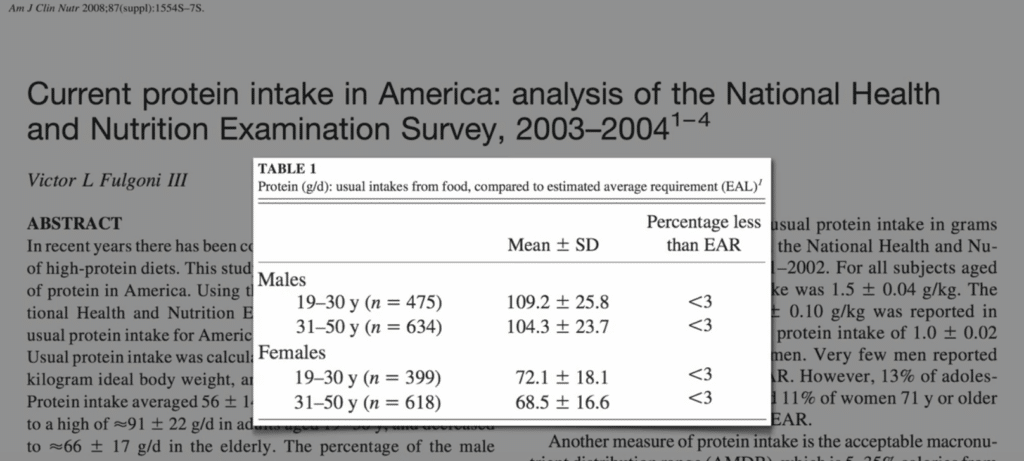
What is actually lacking in the average American diet? Fiber. The U.S. Department of Agriculture and Agricultural Research Service identified that less than 3% of Americans consume adequate amounts of fiber (3).
Yet, despite the lack of fiber and other nutrients deficient in the average American diet, our shelves are packed with packaged and processed foods with added protein. Protein granola bars, powders, cereals. Even protein added to some yogurts.
Trust me, I get it. I too once thought an adequate amount of protein needed to come primarily from animal sources. Or, that drinking cow’s milk with dinner was the healthiest thing for me. Thinking Greek yogurt was one of the healthiest snacks I could have. I would even order a side of sausage patties with my white flour pancakes at Sunday brunch thinking it would round out my breakfast treat to make it more “nutritious”. Boy, was I wrong.
Plant-Based versus Animal Protein and Disease Risk
Unfortunately, high consumption of animal proteins are associated with increased risk for:
A study published in 2014 found that high protein diets for those between the ages of 50-65 had a 75% increase risk in overall mortality and four-times more likely to die from cancer within the next 18 years. Astonishingly, the study also found that if the protein intake was derived from plant-based proteins, the association (or risk of mortality and cancer) was eliminated or weakened.
That is right. You did not read it wrong. According to this study, if you consume an excessive amount of plant-based protein, the risk of death and cancer no longer existed, or was weakened.
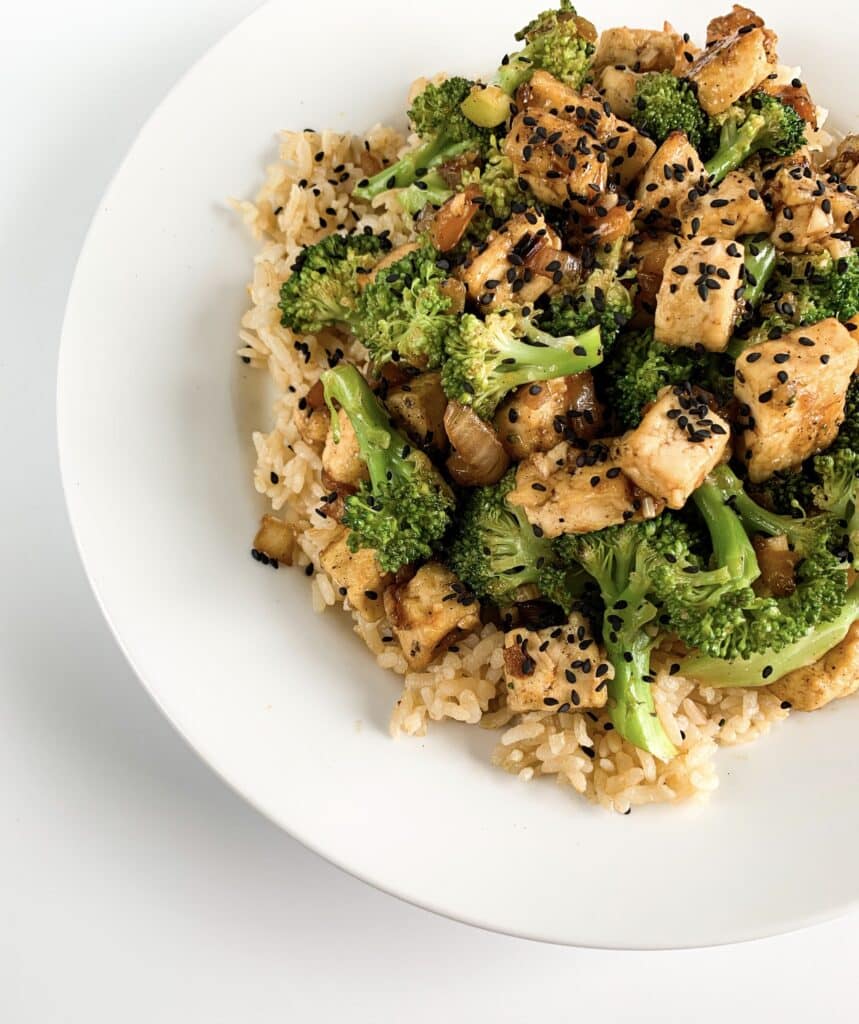
In addition, the study found a high protein diet increased diabetes across all ages by five-times (6). And here, this whole time we thought the cause of diabetes was high carbohydrate intake. There is more to that story too—we will cover that in a future post.
If animal proteins increase risk for several types of diseases, where should one then source their protein from? Plants.
Examples of Plant-Based Protein Options
In my post, Healthiest Diet, I discuss a diet that is focused on whole, plant-based foods. This diet is centered around fruits, vegetables, whole grains, legumes, with some nuts and seeds. All whole foods contain protein–some greater than others.
It is true that a “vegan” diet that includes high amounts of processed foods, such as white pasta and Oreo cookies, will not provide sufficient protein intake, nor will it provide sufficient overall nutrient intake.
However, a diet focused on a whole, plant foods will supply adequate amounts of protein (and other necessary nutrients!), while including a wide range of nutrients (such as phytochemicals) which have been shown to reduce one’s risk of cancer and chronic disease.
Check out the infographic to learn more about common plant-based protein options! You can view the infographic closer by clicking here.
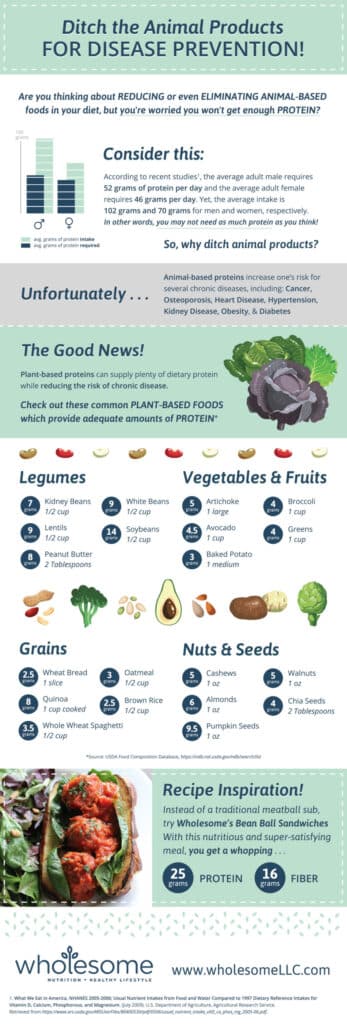
References:
- Rizzo, N., Jaceldo-Siegl, K., Sabate, J., & Fraser, G. (2013). Nutrient Profiles of Vegetarian and Nonvegetarian Dietary Patterns. Journal of the Academy of Nutrition and Dietetics, 113(12).
- Fulgoni , V. L., III. (2008). Current protein intake in America: analysis of the National Health and Nutrition Examination Survey, 2003-2004. American Journal of Clinical Nutrition , 87, 1554S-7S.
- What We Eat in American, NHANES 2005-2006; Usual Nutrient Intakes from Food and Water Compared to 1997 Dietary Reference Intakes for Vitamin D, Calcium, Phosphorous, and Magnesium. (july 2009). U.S. Department of Agriculture, Agricultural Research Service. Retrieved from https://wholesomellc.com/wp-content/uploads/2017/04/usual_nutrient_intake_vitD_ca_phos_mg_2005-06.pdf.
- Ochoa, M. S. (2017, March 09). 7 Serious Problems With Animal Protein. Retrieved March 24, 2017, from https://www.forksoverknives.com/animalproteindangers/
- Ornish, D. (2015, March 23). The Myth of High-Protein Diets. Retrieved March 24, 2017, from https://www.nytimes.com/2015/03/23/opinion/the-myth-of-high-protein-diets.html?_r=0
- Levine, M., Suarez, J., Brandhorst, S., & Balasubramanian, P. (2014). Low protein intake is associated with a major reduction in IGF-1, cancer, and overall mortality in the 65 and younger but not older population. [Abstract]. Cell Metabolism, 19(3), 407-417. doi:10.1016/j.cmet.2014.02.006.
Sources of Plant-Based Protein
Leave a Reply Cancel reply
Featured Articles
Wholesome LLC is not a medical practice, and its employees cannot offer medical advice. This website provides educational information but it is not a substitute for medical advice from a licensed medical professional who is familiar with your particular facts and circumstances. The information contained on this website is not intended to diagnose, treat, or cure any disease and shall not be construed as medical advice. The information and education on this website is provided for you to use at your own discretion.
You can further review our disclaimer here.
Wholesome
About Alison
Courses & Programs
The Wholesome Journey
Free Resources
FAQs
Press & Media
Recipes
Blog
Contact Us
Shop
© 2026 Wholesome, LLC All rights reserved.
Privacy Policy
Terms of Use
Disclaimer
Mobile Terms of Service
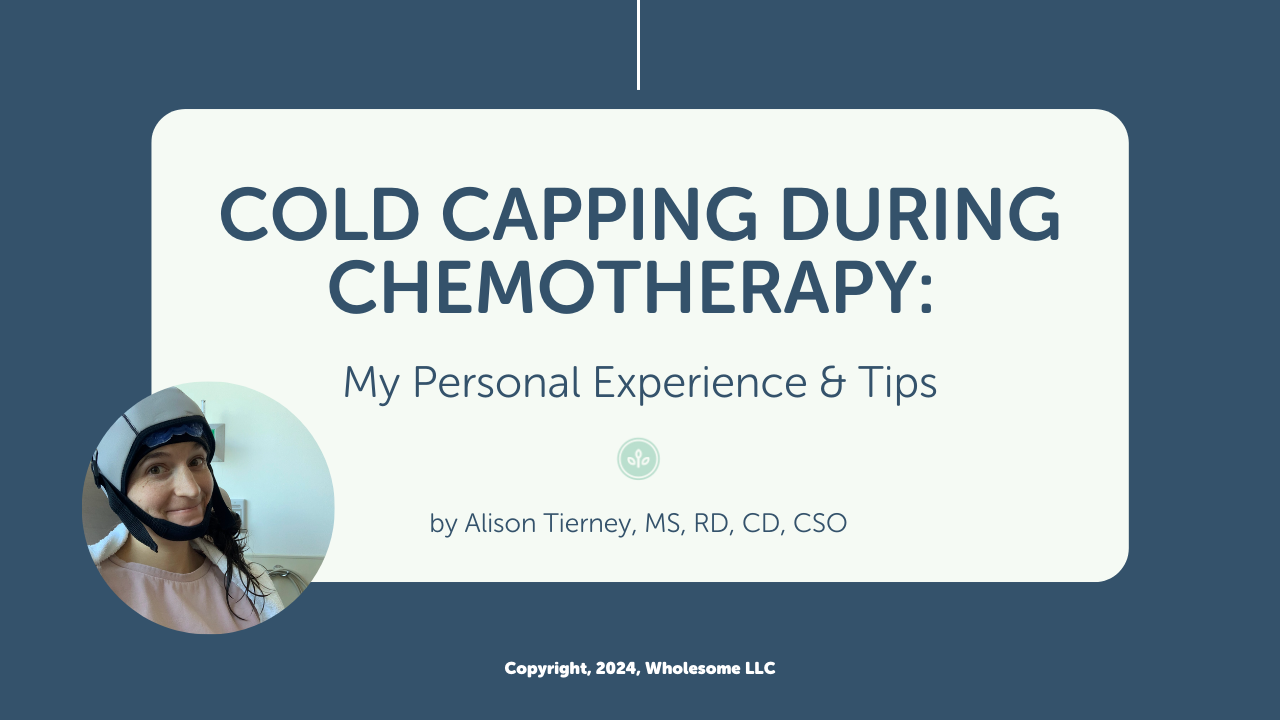
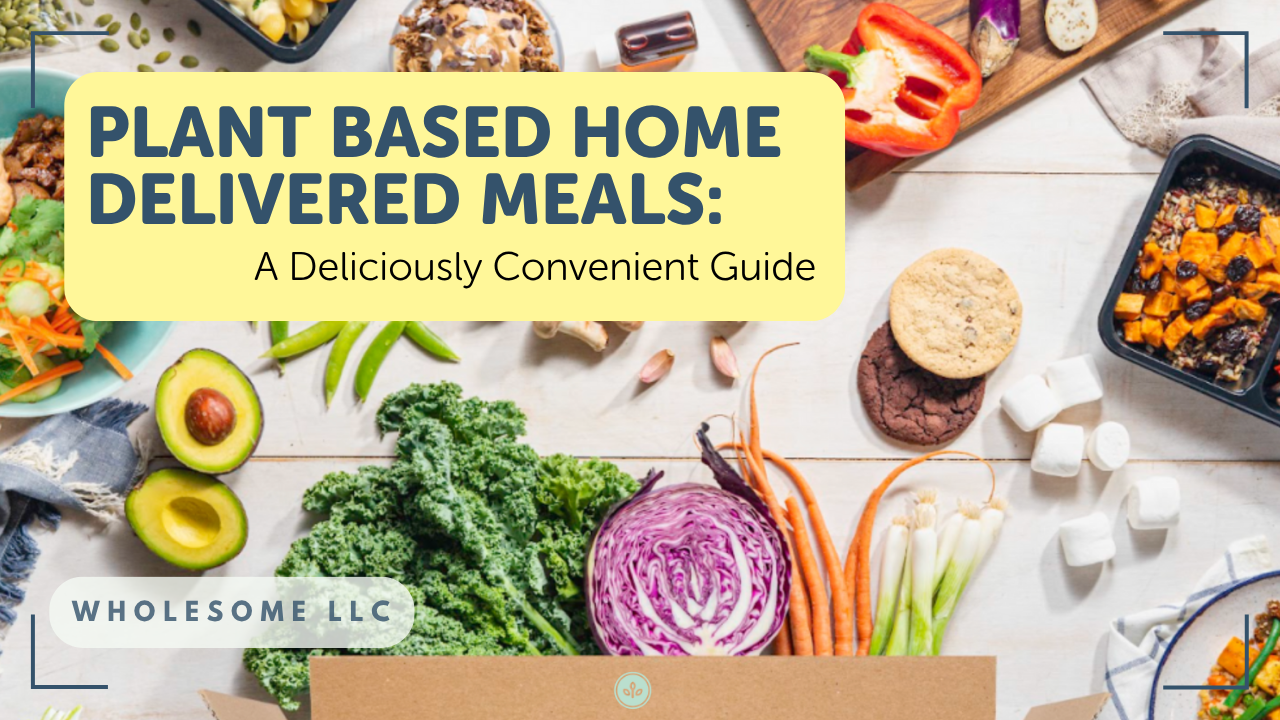

Be the first to comment